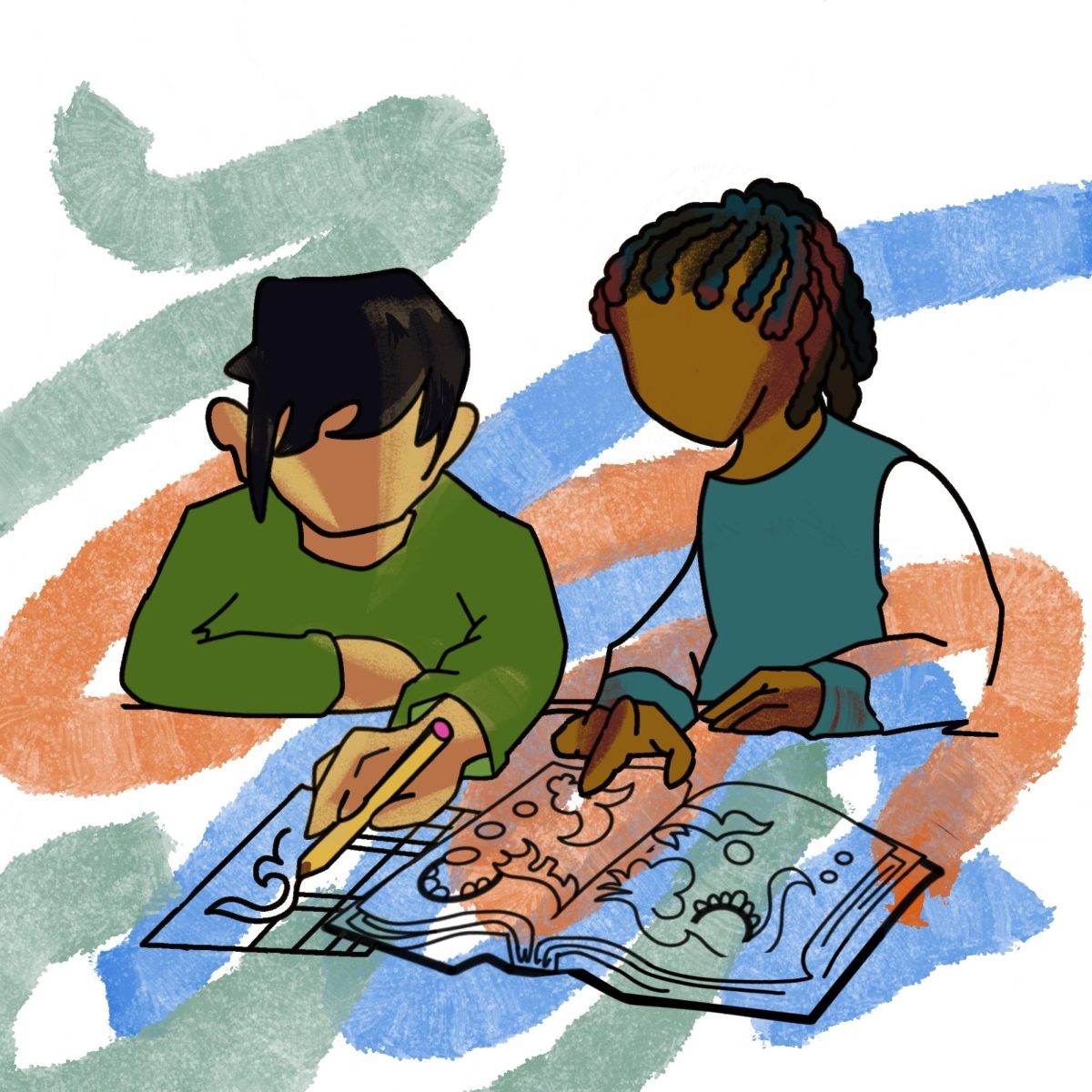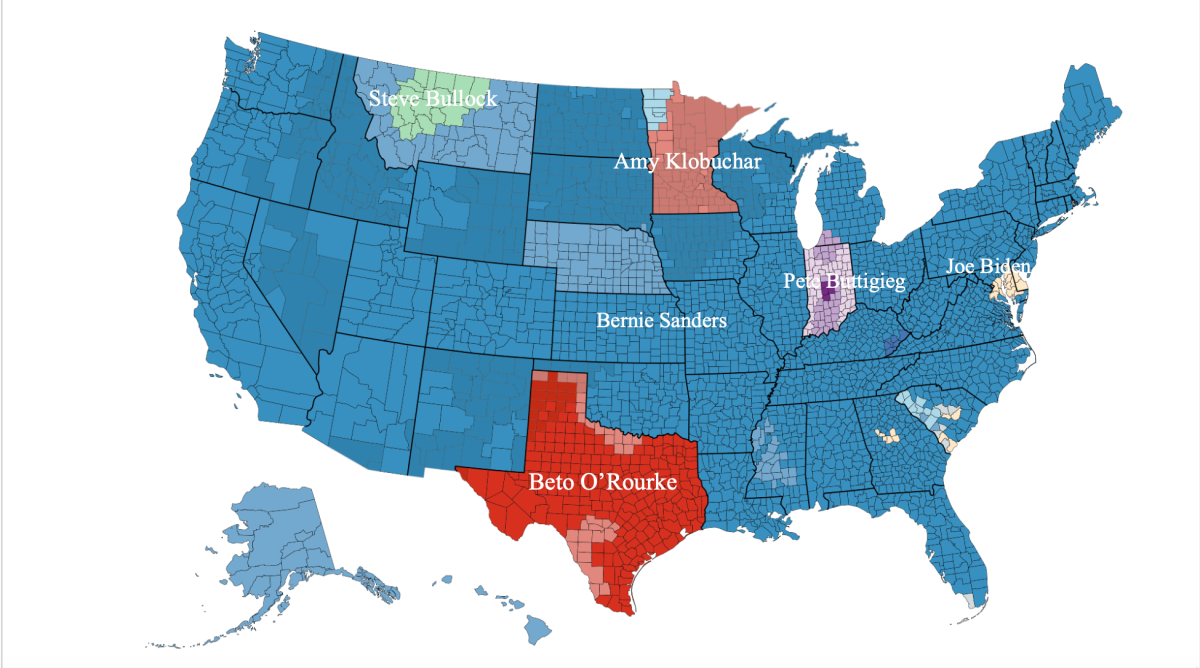With the newest generation of children being surrounded by digital media, I have noticed they mostly adapt to forms of technology in their daily lives. Young children not even the age of seven are owning their own cell phones and engrossing themselves into the lives of social media or tapping away at an iPad screen.
While it’s important for children to develop an aptitude for technology, it can also cause more harm than good. They are spending less time engaging in the outdoors, hobbies or physical activities. Therefore, young children are reading less books.
Thesocialtalks wrote an article about the decline of reading in the social media age and one part said, “A study by University College London (UCL) has suggested that heavy use of social media can cause lower literacy levels in children. Based on 11,000 children tracked from their births in 2000, time spent on social media distracts children from reading and homework, thus harming their literacy.”
Children need to read books not just when they are older, but at a young age, too.
Reading books at a young age can help children develop better critical thinking and cognitive development. This can help children have better thinking habits and better reasoning skills that they can use in their daily lives, which is extremely important.
From an article by the Child Mind Institute, it says, “‘Just exposure to words is the single most important thing that you can do to help build the language pathways in your child’s brain,’ says Laura Phillips, PsyD, the senior director of the Learning and Development Center at the Child Mind Institute. ‘Reading and exposure to words helps kids maximize their language and cognitive capacity.’ Even the tactile experience of holding or touching a book supports babies’ cognitive development.”
It is a researched fact that the stages from birth to age five, is when a child’s brain develops most in its life. Helping those neural connections and maximizing their usage of cognitive skills is vital for them when they get older.
Books allow children to reach a far greater knowledge of new vocabulary, as well. Research has found that parents who read to their children daily “are exposed to at least 290,000 more words by the time they enter kindergarten than kids who aren’t read to regularly at this age.”
Having this focus on reading, even if it’s only a small amount of time daily, can help increase these skills for a child and even lead to better concentration.
Generations now are becoming more fidgety and unable to focus on one thing for a longer period of time. Having this skill of concentration is essential for them to learn at a young age.
Reading to children can also give them stronger feelings of empathy and emotional awareness.
When kids read books about people whose lives are the same as theirs, it can give them someone to relate to. But also, if the characters’ lives are different from the child’s, they can gain an appreciation for other people’s cultures, their feelings, lifestyles and perspectives. This gives children a broader perspective and a better understanding of life around them.
Lastly, children have a lot more imagination and creativity when they read books. It’s important to keep these things in mind in your adult years, so you don’t lose that spark in your daily adult tasks. Hone this when you are younger.
Having this outlet for books is a perfect way for kids to bond with others and to start a new hobby. Plus, it is always a great stress reducer and relaxer in your free time.
Here’s a list of places to find books on a budget…
- Betterworldbooks
- Thriftbooks
- Libby (a library reading app)
- A local library near you
- Half-priced books
- Local used bookstores
Ella Katona is an opinion writer. Contact her at [email protected].




